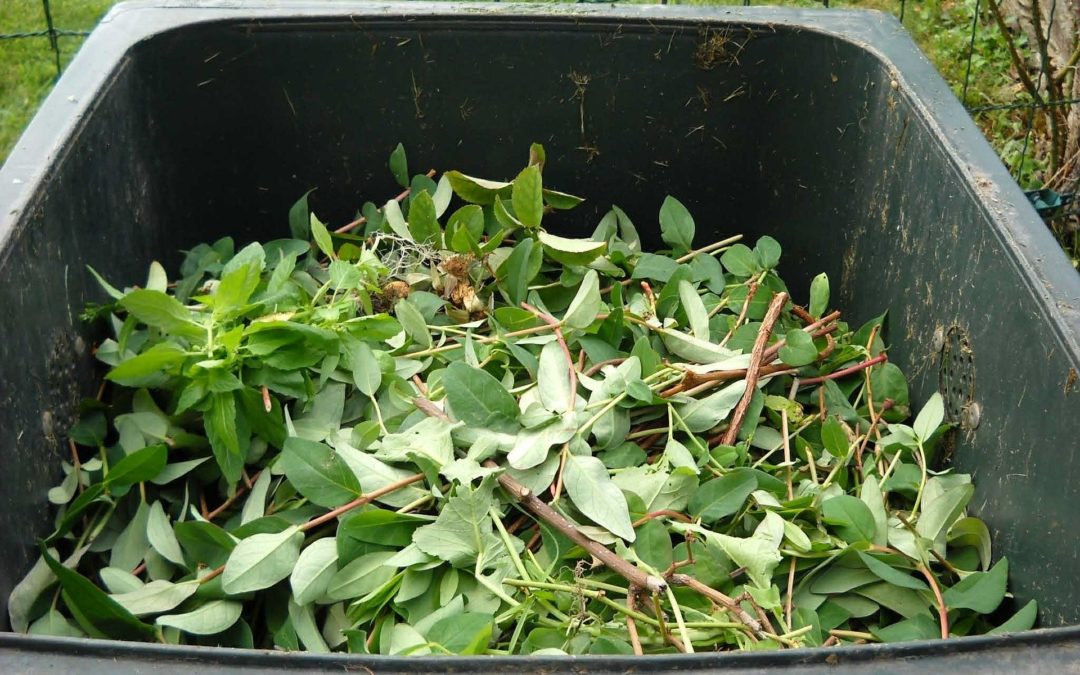The waste sector remains a sector that must continue to be sustained despite this epidemic period in order to ensure public health. But how do we ensure this essential mission while protecting staff ?
Essential measures to be taken
The waste sector is currently an underestimated factor in the transmission of coronavirus. In waste, water and energy, manufacturers operate the sites and maintain the equipment that needs to work.
Some essential measures have been taken: waste collection centers have closed, some recyclable waste collections are no longer provided, collection frequencies have changed, etc.
Several provisions have been put in place :
– working in pairs (a driver and a pick-up) to limit contact between the two.
– wearing gloves and overgloves, masks or visors
– strict monitoring of barrier gestures
– time differences so that collectors do not cross each other as often as possible
– trucks disinfected more often
Given the slowdown in activity, the volume of waste is expected to decrease overall and companies in the sector will have to adapt accordingly. There will be less industrial and restaurant waste. On the other hand, with the confinement of the population, there will be more household waste, making it even more necessary to maintain collections.
What can we do to help collectors?
In order to protect the waste pickers, we can also set up some actions to help them. First of all, in order to limit the risk of spreading the virus, bags containing potentially infected waste (gloves, masks) must be tightly closed. Also, be sure to take out your garbage the day before collection so that you do not keep the garbage collectors waiting and do not come into contact with them.
Due to this epidemic, there is no garbage collection and the waste disposal sites are closed until further notice. The town hall therefore invites residents to store green waste in their homes and/or to recycle it. Indeed, you do not necessarily need to throw away your green waste, you can also use it for mulching or composting for example! Put in small layers at the foot of trees, shrubs or berries and in the vegetable garden, mowed grass is very beneficial!
Finally, if you have a compost bin, you can put some of your mowed grass in it. However, pay attention to the proportions, grass should only represent 30% of the total compost container. If you have collected some dead leaves or twigs, don’t hesitate to add them, it will help to balance your compost. Stir regularly and you will have a high quality compost.






